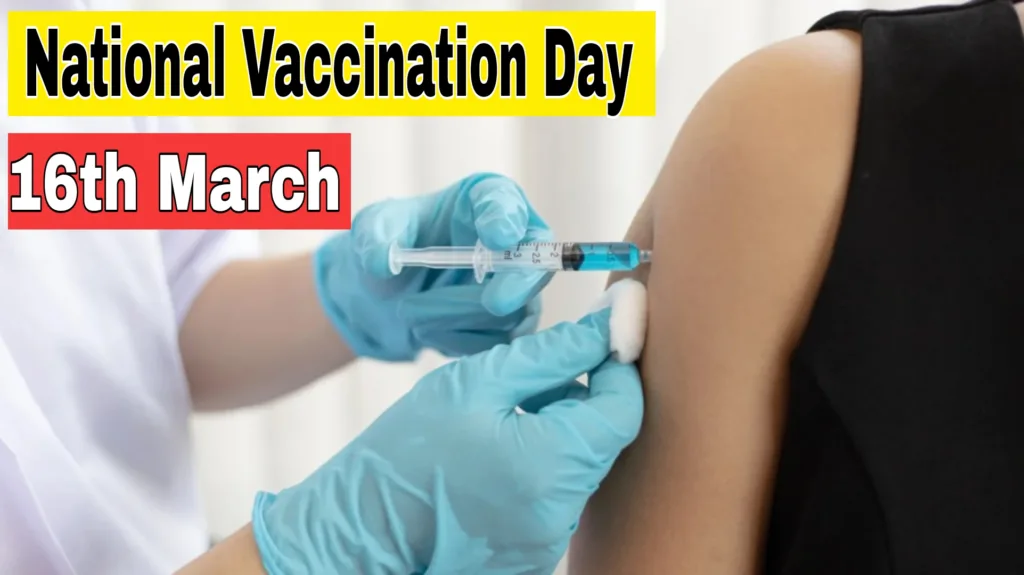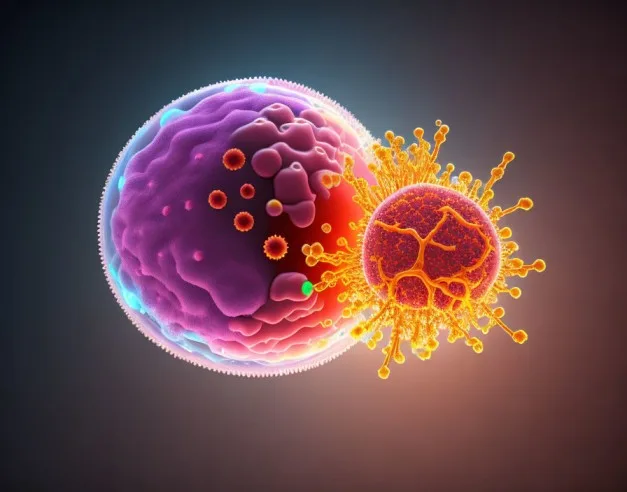National Vaccination Day, observed on March 16th each year, stands as a powerful reminder of the critical role vaccinations play in safeguarding public health. This day serves as an occasion to raise awareness about the importance of vaccinations, commemorate past achievements, and inspire ongoing efforts to ensure widespread immunization.
Introduction to National Vaccination Day

What is National Vaccination Day?
National Vaccination Day is an annual observance dedicated to promoting the benefits of vaccination and highlighting the importance of immunization in preventing the spread of infectious diseases. It serves as a platform to educate individuals and communities about the significance of receiving timely vaccinations.
Significance of celebrating National Vaccination Day
The celebration of National Vaccination Day underscores the vital role vaccinations play in protecting individuals from preventable diseases, reducing morbidity and mortality rates, and fostering community immunity. By promoting vaccination awareness, this day aims to enhance public health outcomes and contribute to the global fight against infectious diseases.
History of National Vaccination Day.
Origins of National Vaccination Day

National Vaccination Day traces its origins back to March 16, 1995, when the first dose of oral polio vaccine was administered as part of the Pulse Polio Immunization campaign in India. This historic event marked the beginning of a nationwide effort to eradicate polio from the country.
Evolution of the event over the years
Since its inception, National Vaccination Day has evolved into a broader initiative focused not only on polio eradication but also on promoting comprehensive immunization programs. It has become a platform for advocating for the importance of vaccinations across various age groups and demographics.
Importance of Vaccinations
Why vaccinations are crucial for public health

Vaccinations are essential tools for preventing the spread of infectious diseases and reducing the burden of illness on society. They work by stimulating the body’s immune system to produce antibodies, thereby providing immunity against specific pathogens.
Debunking common myths about vaccinations
Despite the abundant scientific evidence affirming the safety and effectiveness of vaccines, false information and misconceptions continue to endure. . It’s essential to debunk these misconceptions and educate the public about the importance of vaccinations in protecting individual and community health.
Global Impact of Vaccinations
How vaccinations have changed the world
Vaccinations have had a profound impact on public health worldwide, leading to the eradication or near-elimination of several deadly diseases. From smallpox to measles, vaccines have played a pivotal role in saving millions of lives and improving quality of life.
Examples of diseases eradicated or controlled through vaccinations
One of the most significant success stories in vaccination history is the eradication of smallpox, a once-deadly disease that plagued humanity for centuries. Additionally, vaccines have played a crucial role in controlling diseases like polio, measles, and rubella, preventing widespread outbreaks and reducing mortality rates.
Current Vaccination Efforts
Overview of ongoing vaccination campaigns worldwide

In recent years, there has been a renewed focus on expanding access to vaccinations and strengthening immunization programs globally. Governments, international organization’s, and public health agencies are working together to ensure that vaccines reach underserved communities and vulnerable populations.
Challenges and successes in vaccination distribution
While significant progress has been made in increasing vaccine coverage, challenges remain in ensuring equitable distribution and uptake of vaccines. Issues such as vaccine hesitancy, supply chain constraints, and logistical barriers pose obstacles to achieving universal immunization coverage.
Celebrating National Vaccination Day
Ways to participate in National Vaccination Day
There are numerous ways individuals and communities can participate in National Vaccination Day. From organizing vaccination drives to sharing educational resources on social media, everyone can contribute to raising awareness about the importance of vaccinations.
Spreading awareness about the importance of vaccinations
Spreading awareness about vaccinations is key to ensuring that everyone understands their role in preventing the spread of infectious diseases. By engaging in conversations, sharing accurate information, and addressing concerns, we can help dispel myths and promote vaccine acceptance.
Conclusion
National Vaccination Day serves as a poignant reminder of the lifesaving impact of vaccinations and the collective responsibility we have to protect public health. By commemorating this day and supporting vaccination efforts, we can contribute to a healthier, safer future for all.
FAQs (Frequently Asked Questions)
Are vaccines safe?
Yes, vaccines undergo rigorous testing for safety and efficacy before being approved for use.
Do vaccines cause autism?
No, extensive scientific research has found no link between vaccines and autism.
Can vaccines give you the disease they’re supposed to prevent?
No, vaccines contain either killed or weakened forms of the virus, which cannot cause the disease.
Are vaccines necessary if the disease is rare?
Yes, vaccinations help prevent the resurgence of diseases and protect individuals who may be at risk.
Do vaccines contain harmful ingredients?
Vaccines contain ingredients necessary to stimulate an immune response and are carefully monitored for safety.

